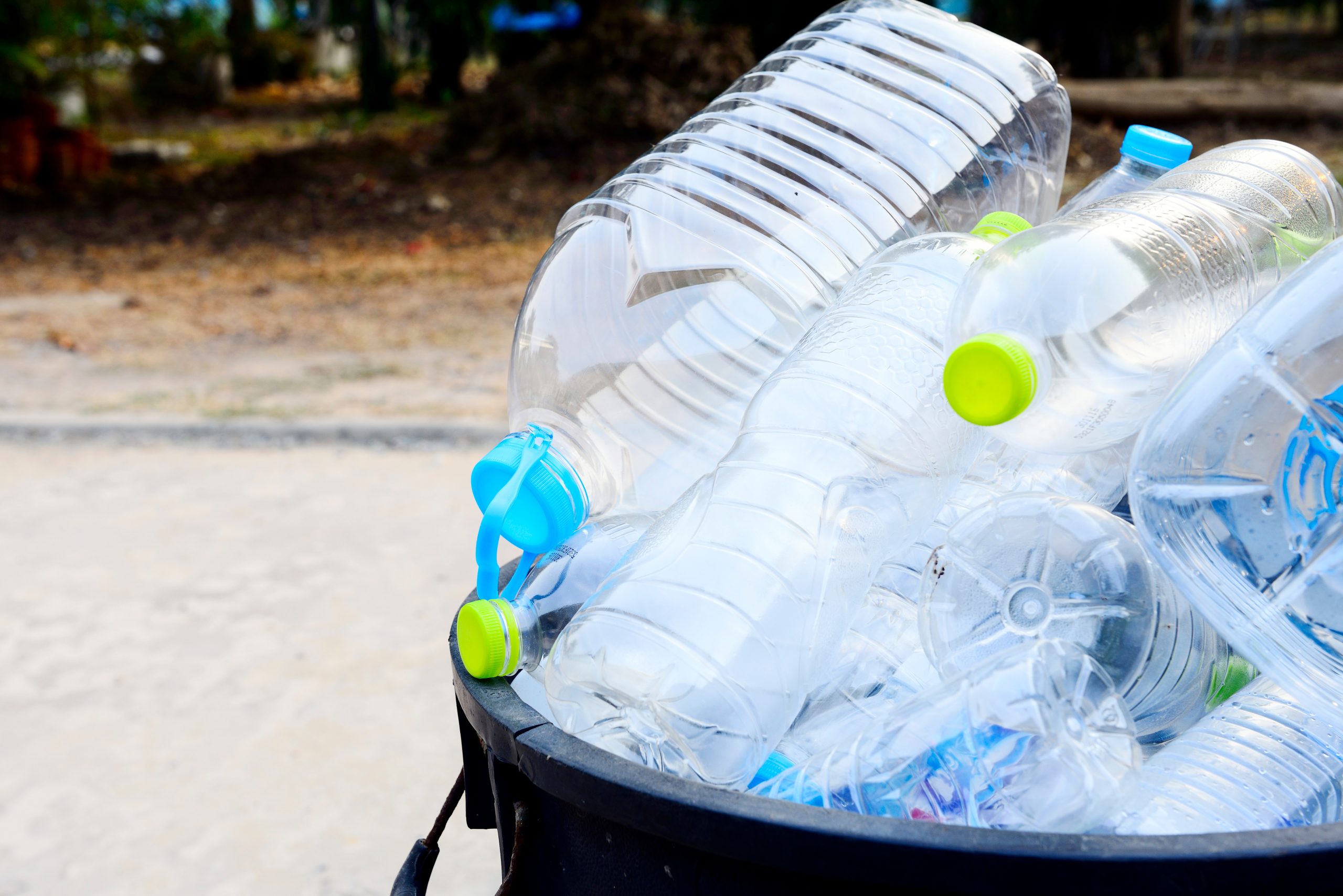
New UN Human Rights Report on Toxic Plastics
BlogHEJSupport contributed to the Report “The stages of the plastics cycle and their impacts on human rights” prepared by the Special Rapporteur on the implications for human rights of the environmentally sound management and disposal of hazardous substances and wastes, Marcos Orellana. The report highlights the human rights implications of toxic additives in plastics and the life cycle stages of plastic, including the rights of women, children, workers, and indigenous peoples.
The Report is available in six UN languages at bit.ly/3zrhwVa
The Special Rapporteur recommends that States:
(a) Recognize the threats that plastic poses to human rights in its entire
cycle and acknowledge their responsibilities for the sound management of
plastics;
(b) Adopt a human rights-based approach to plastics management,
including meaningful public participation and access to remedies;
(c) Adopt urgent and immediate actions to reduce the volume of plastics
production and use, including single-use plastics and packaging, and to prevent
and address plastic pollution;
(d) Pursue complementary international responses, including the
negotiation of a new international legally binding instrument addressing the
whole cycle of plastics;
(e) Ensure appropriate funding for international initiatives aimed at the
sound management of plastics and the achievement of Sustainable Development
Goal 12;
(f) Establish controls and bans on non-essential plastics;
(g) Invest in initiatives to train and formalize waste pickers and to ensure
safe and healthy work conditions;
(h) Require businesses to disclose the full chemical composition of plastic
products, including additives;
(i) Ratify the Basel Convention ban amendment and fully implement the
Basel Convention amendments relating to plastic waste;
(j) Phase out subsidies and export credit and guarantees for fossil fuel
extraction, plastics production facilities and plastic-to-energy projects;
(k) Establish and implement effective policies to manage the plastics
cycle, including by:
(i) Creating an enabling environment for the conduct of scientific inquiry
on the risks and harms to human health and the environment from plastics;
(ii) Establishing adequate civil and criminal penalties for illegal
transboundary movements of plastic waste;
(iii) Reducing plastics production, controlling and eliminating toxic
additives and establishing liability regimes;
(iv) Applying the polluter-pays principle, including by adopting extended
producer responsibility mechanisms within and beyond boundaries;
(v) Regulating classes of chemicals in accordance with the precautionary
principle.
A/76/207
24/24 21-10155
- The Special Rapporteur recommends that business enterprises:
(a) Actively work to eliminate the presence of toxics additives in plastics
and the practice of recycling plastics containing hazardous substances;
(b) Invest in closed-loop systems that do not generate hazardous emissions
or waste;
(c) Direct research and development efforts towards developing safe and
circular non-single use delivery methods;
(d) Ensure that information on plastics composition and additives is
publicly available. - The Special Rapporteur recommends that international bodies and
mechanisms in the field of chemical and waste management:
(a) Join efforts towards a global agreement on plastics that:
(i) Adopts a human rights-based approach to address the impacts of the
cycle of plastics;
(ii) Enables the elaboration of national action plans;
(iii) Reduces global volumes of plastics production and wastes;
(iv) Controls and phases out the use of hazardous chemicals in plastic;
(v) Cleans up already existing plastic pollution;
(vi) Secures effective reparations for harms from plastics;
(vii) Mobilizes financial and other support to low-income countries;
(b) Clarify ambiguous terms in the Basel Convention amendments
relating to plastic waste, especially to avoid new loopholes under the guise of
recycling;
(c) Control and document transboundary movements of e-waste;
(d) Phase out classes of hazardous additives in plastics under the
Stockholm Convention;
(e) Address the shortcomings of port waste reception facilities and
support developing country port States in servicing them



